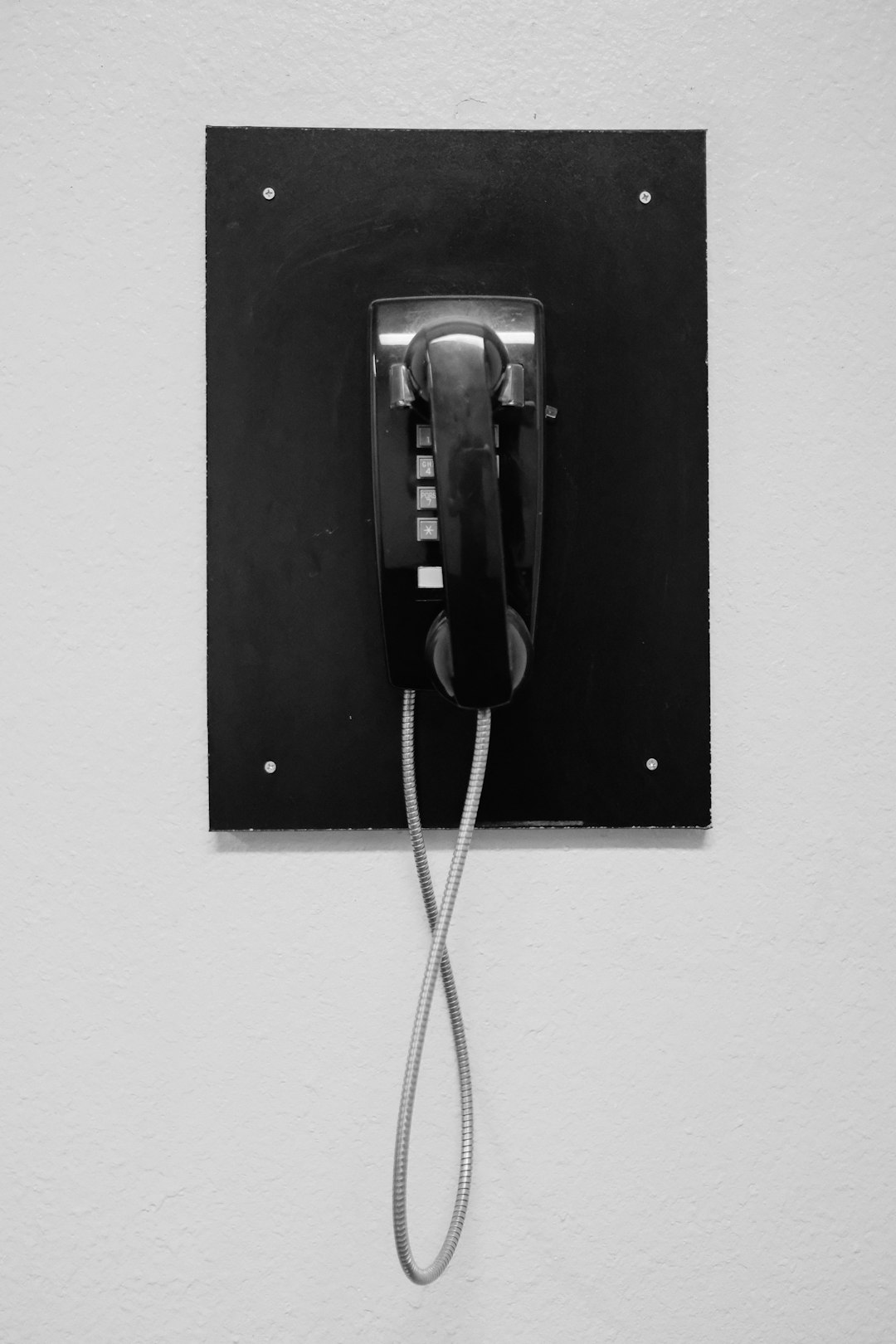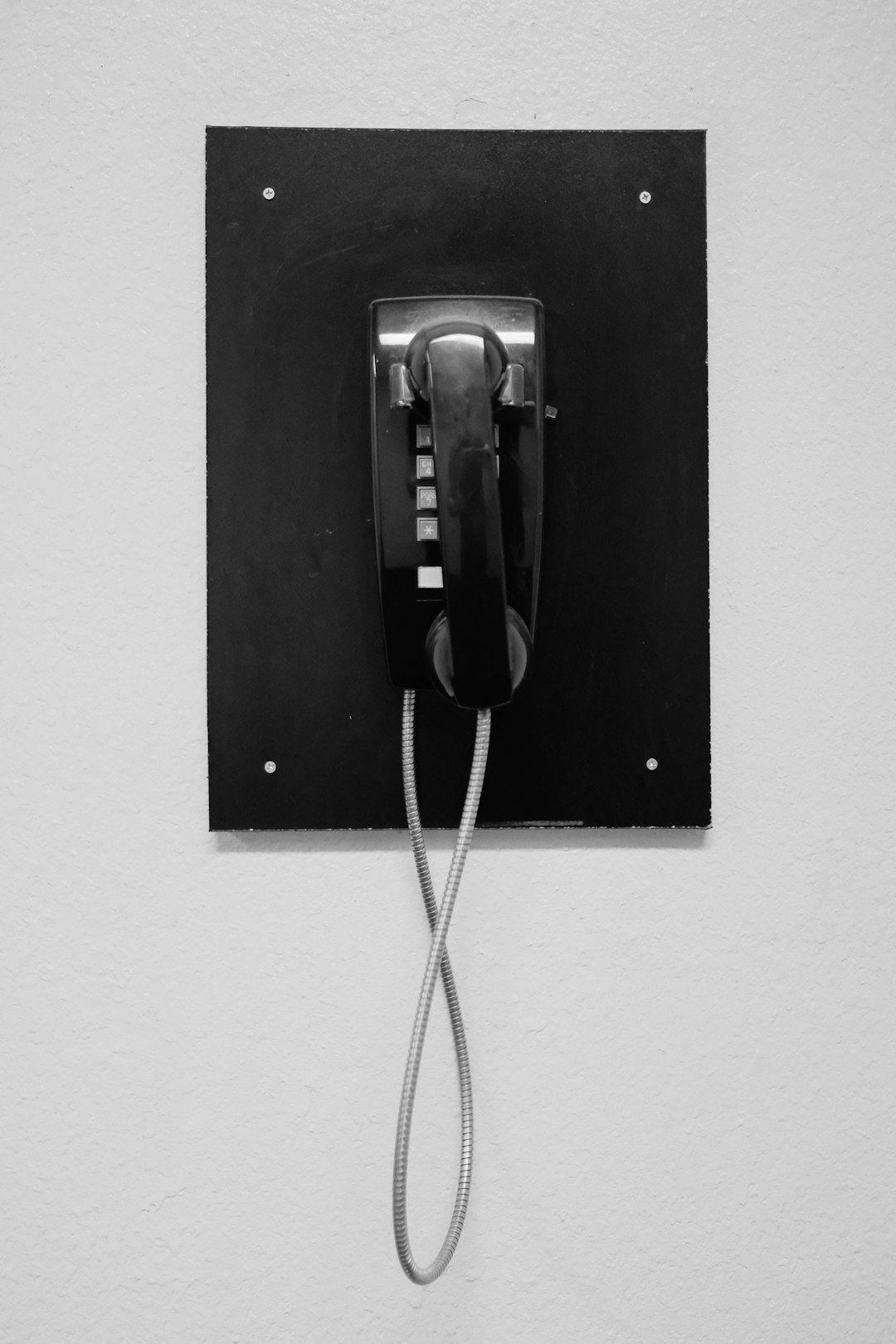Robocalls in Illinois are regulated to protect residents from intrusive telemarketing practices. If you feel your privacy has been invaded, consult an attorney specializing in consumer rights to determine if suing for robocalls in Illinois is a viable option. Report persistent or deceptive calls to school officials, who have dedicated resources for student safety. Schools and community organizations can educate students about their rights regarding robocalls through media literacy workshops and awareness campaigns. The Telephone Consumer Protection Act (TCPA) offers legal recourse for excessive or illegal robocalls in Illinois. Long-term strategies include digital literacy education, partnerships with telecom providers, and regular updates on "Can I Sue For Robocalls Illinois."
In Illinois, robocalls remain a pervasive and frustrating issue, impacting not just individuals but also schools. This guide navigates how to work with schools to raise awareness about robocalls, understanding your legal rights under Illinois law, and exploring strategies to mitigate their effects. From communicating concerns to administrators to collaborating on educational campaigns, these steps empower communities. Furthermore, we delve into the possibility of legal actions, such as suing for robocalls in Illinois, offering comprehensive solutions for long-term awareness raising.
Understanding Robocalls and Legal Rights in Illinois

Robocalls, automated phone calls that deliver pre-recorded messages, have become a ubiquitous yet unwanted nuisance. In Illinois, as in many states, robocalls are regulated to protect residents from intrusive and deceptive practices. Understanding your legal rights is crucial when dealing with these calls, especially if they persist despite efforts to stop them.
Illinois has specific laws regarding telemarketing and robocalls, including restrictions on the timing and content of such calls. If you feel your privacy has been invaded or your phone lines disrupted by excessive or unauthorized robocalls, you may have legal recourse. Consulting with an attorney specializing in consumer rights can help determine if you have a case, particularly if you’re considering suing for robocalls in Illinois. The first step is to gather evidence, such as call records and any communications from the robocallers, which can be essential in pursuing legal action, including potential financial compensation or an injunction against further calls.
Communicating Concerns to School Administrators

School administrators play a pivotal role in addressing the growing issue of robocalls, especially in Illinois, where consumers have the right to seek legal recourse for unwanted calls. If you’ve been receiving persistent or deceptive robocalls, it’s essential to communicate your concerns directly to school officials. Many schools now have dedicated resources and policies to handle such matters, ensuring student safety and privacy.
When reaching out, provide specific details about the robocalls you’ve received, including the caller’s identification, call frequency, and any suspicious content or demands. This information will assist administrators in understanding the severity of the issue and taking appropriate actions. Remember, while discussing can I sue for robocalls Illinois, it’s crucial to explore non-legal measures first, such as requesting the school to block these calls at source, which can be more effective and prevent future harassment.
Collaborating on Educational Campaigns

Schools play a vital role in educating students about their rights and protecting them from unwanted robocalls, which is especially relevant when considering if you can sue for robocalls in Illinois. By collaborating on educational campaigns, schools and community organizations can empower young people to take action against these intrusive calls. This can involve workshops, assemblies, or even curriculum integration to teach media literacy and privacy awareness.
Such initiatives should focus on raising awareness about the legal aspects of robocalls, including the Do Not Call Registry and relevant state laws in Illinois. Encouraging students to report suspicious calls and providing them with tools to block or filter such calls can be an effective part of these campaigns. This collaborative approach ensures that students not only understand their rights but also actively participate in creating a more robust defense against robocalls.
Exploring Legal Actions: Can I Sue For Robocalls?

In Illinois, exploring legal actions against robocallers is a viable option for individuals tired of unwanted automated calls. The Telephone Consumer Protection Act (TCPA) provides consumers with the right to take action against companies or individuals using automated dialing systems to make unsolicited phone calls. If you’ve received excessive or illegal robocalls, you may be able to sue for damages, including monetary compensation for each violation.
Understanding your rights under the TCPA is crucial. It’s important to document the calls, including dates, times, and any information about the caller. This can serve as evidence if you decide to take legal action. Several class-action lawsuits have been successful in securing substantial settlements against robocallers, demonstrating that individuals can indeed sue for robocalls in Illinois and make a positive impact on stopping these intrusive practices.
Effective Strategies for Long-Term Awareness Raising

To raise awareness about robocalls effectively and sustainably, schools can implement several long-term strategies. First, incorporating lessons on digital literacy into curricula can equip students with tools to identify and block unwanted calls. Workshops for teachers and staff can also enhance their understanding of emerging call-blocking technologies and best practices for teaching these skills.
Second, schools can foster partnerships with telecommunications providers to promote call-blocking services and educational campaigns. Additionally, integrating awareness into parent-teacher associations (PTAs) and community events can engage families and the broader public. Regularly updating resources on Can I Sue For Robocalls Illinois and sharing success stories can keep the issue top of mind, ensuring continuous efforts towards a quieter, more peaceful communication environment.






